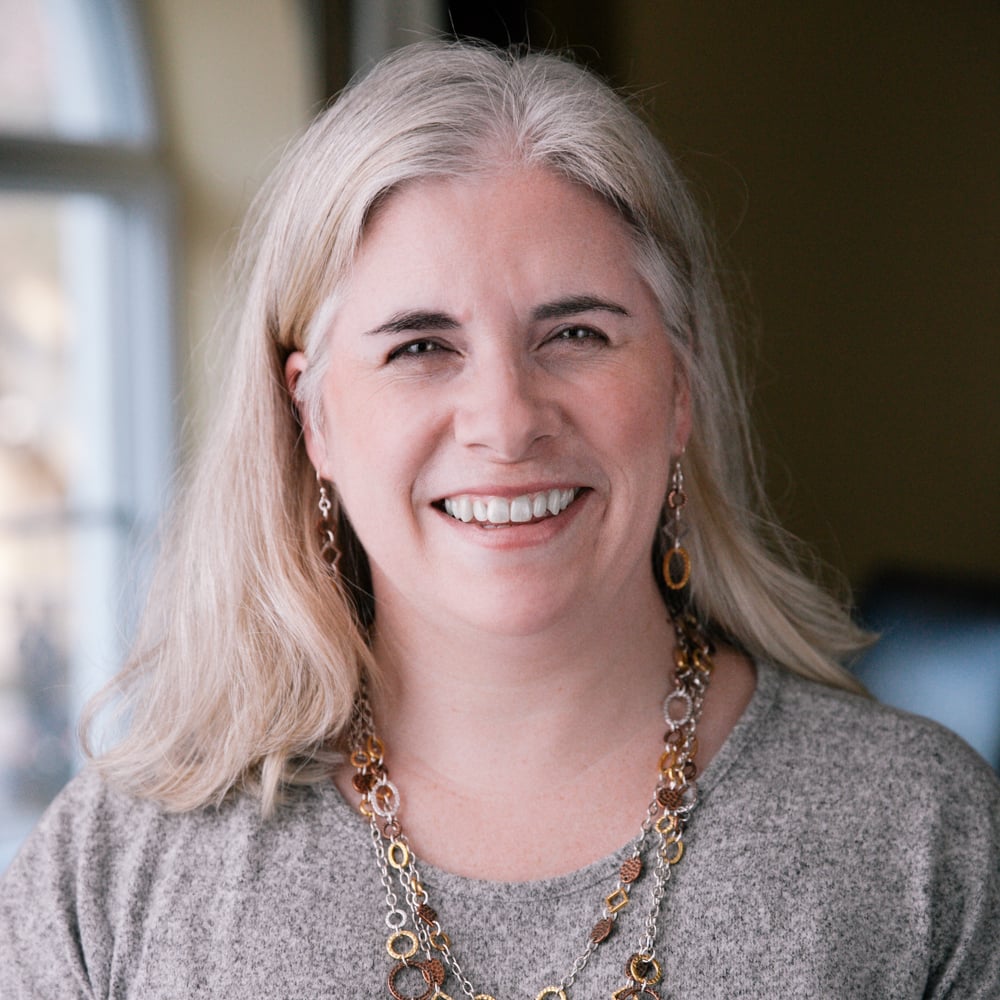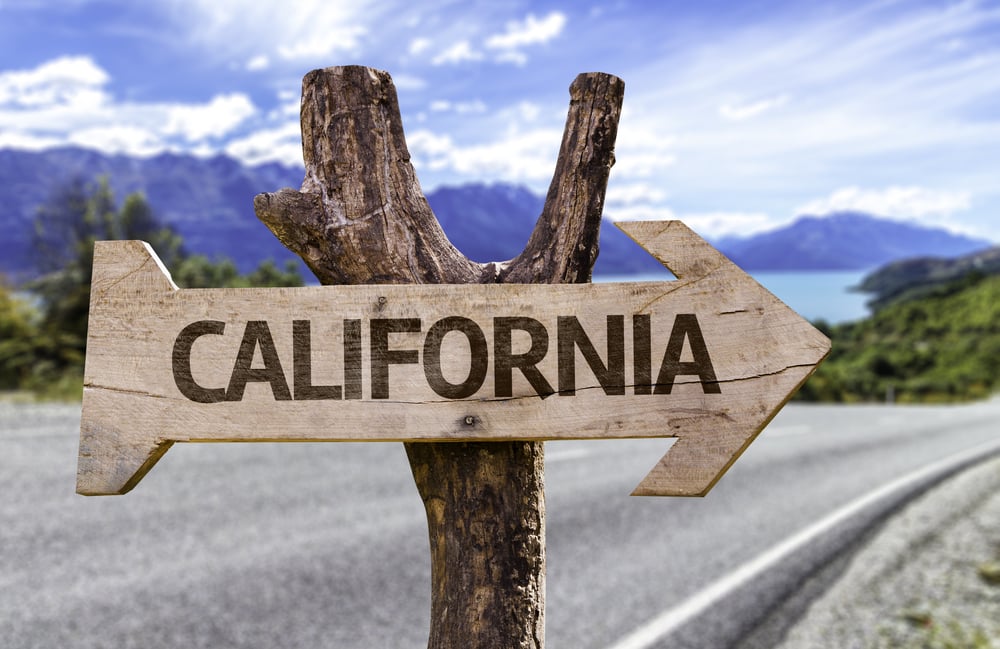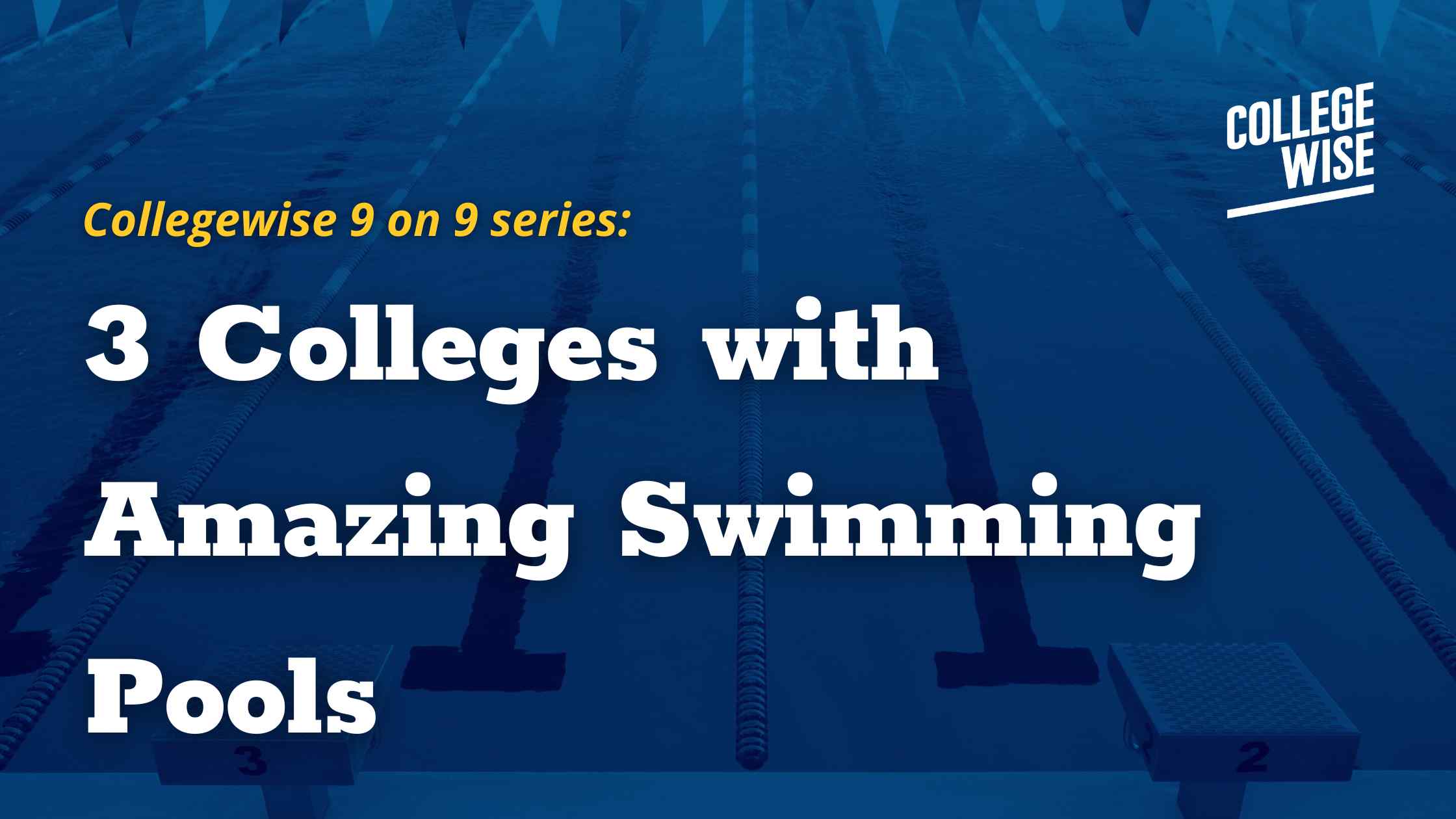A few years ago, I was working with a student on building his college list. He said his ideal college was a large university in a mid-sized or large city with a strong engineering program and a great sports vibe. I suggested a list of colleges for him to research that were a good fit with his ideals, and at our next meeting I asked him to tell me what he thought about the colleges after his research. There were some hits and some misses, which is totally normal. And then we got to Ohio State.
He said he didn’t like it, but when I asked what he didn’t like about it he didn’t have anything specific, which was different from his research on the other colleges. I asked him if he had actually done the research on Ohio State, but he dodged the question. I finally took a wild guess and asked him, “Did you decide not to research it because it’s in Ohio?”
Yep, that’s exactly what happened. He simply saw the location and crossed it off without considering anything about it. This student was from the Northeast region of the U.S. and, although he’d done a bit of international travel with his family, he had never spent any time in any other part of the country. His entire perception of Ohio was based on…what, exactly? He really couldn’t say. He just had this vague sense that it was in some part of the country that wasn’t interesting and didn’t have anything to offer him. It was in “flyover country.” But students can inadvertently rule out some great college options when they use one largely superficial element to focus their list on, and “cool location” is a frequent example of that.
One of the biggest battles that we face as counselors is helping students move beyond the myths that they hold about colleges and instead dig into the realities of what makes a college good for them. An all-too-frequent myth we hear is that a college needs to be in a “cool” location in order to be a “good college.”
I’m here to tell you that there are tons of colleges in “flyover country” that offer fantastic, substantial experiences that students and families often overlook simply because they aren’t in “cool” places like NYC or Silicon Valley.
In early 2015, I left my first Collegewise office in greater Boston and chose to move and open a new Collegewise office in Columbus, Ohio, which is where I’m still based today. And I get it—to a lot of people, Columbus doesn’t have the “cool factor” of New York City or Philadelphia or Los Angeles. I’ve lived in both greater Seattle and greater Boston, and there are some truly wonderful things about living in those places. The cities and their metro areas have tons of resources as well as fantastic name recognition, and they both have some pretty famous and well-resourced colleges nearby. But there are a finite number of colleges and resources in those regions. Ruling out a college that’s in a place you’ve never visited simply because you don’t know anything about it limits your future opportunities.
For some students, there are very real reasons to focus on particular cities or regions. Perhaps there is a faith community, or a family connection, or there are health or personal safety realities that dictate where you attend college. If these are factors for you in your life and college journey, please take them seriously—I would never want a student to sacrifice their personal well-being to attend college.
But students who don’t have those factors to consider can explore more broadly, particularly if they’re willing to learn the truth behind the myths about colleges and their locations that might be holding them back. The misguided notion that wide swaths of this country have nothing to offer is hugely problematic and can really close students off from fantastic college opportunities.
What elements are truly essential to YOUR college experience, and how might those relate to location? Do you have logistical concerns about getting to and from your college? Are you worried that you might not be able to hear live music, or have access to museums and restaurants, or fun coffee shops for the late-night study sessions? Do you have a vision for a particular kind of must-have academic program, or internship, or a particular employer you hope to work for after graduation? Do you feel strongly about spending the next four years in a town with an ultra-progressive political climate, or that is particularly supportive of the LGBTQIA+ community? Is your Sephora habit such a huge thing that you don’t think you can survive if you don’t have a store in the same town as your college? (This is a true story, by the way—I actually had this conversation with one of my students a few years ago.)
Now you have your must-have elements, and you get to open up your search a bit! When it comes to colleges, researching a place doesn’t mean you have to apply, and applying doesn’t mean you have to attend. And attending college in Iowa or Nebraska or Alabama doesn’t automatically mean you will end up living there after college. When you open up your options and really do your research, you’re more likely to find colleges that will genuinely be great fits for you.
If you’d consider UMass Amherst because you want a large, comprehensive university that’s not in a major city but within a 2-hour drive to one, why not consider University of Illinois at Urbana-Champaign or Clemson? They have similar sizes, many similar programs, and similar proximity to major cities. If you’d consider Amherst College because of its rural setting, student culture, and open curriculum, why not look at Grinnell College? If you want to study writing at Cornell University or at Hamilton College, why not look at the writing program at University of Iowa or at Kenyon College or Sewanee? You love the co-op options for engineering students at Northeastern and Drexel? Great—take a look at University of Cincinnati, University of Toledo, Bradley University, or University of Alabama in Huntsville. Do you want to make sure you have two internships in your business major? Direct entry into a nursing program instead of a pre-nursing major, or an early acceptance program into medical or dental school (often referred to as a BS/MD program)? Maybe the college experience and the future you imagine for yourself are waiting for you in a different part of the country than you originally thought.
I’ve lived in eight states and visited more than 25 of them during my years working in college admissions, and I’ve learned something pretty important: until you actually consider a place, you don’t know what you could be missing, or if you might genuinely prefer something that’s not “cool.” That goes for straight-up geography as well as for colleges. Maybe you’d feel the same way about Nebraska and Arkansas as I do about Boston after having lived there. That’s okay. But give yourself the chance to consider the opportunities that could await you if you open yourself up to possibility.
And if you’re wondering what happened to my student, he did eventually research Ohio State and realized I was right—it offered everything he was looking for in a college. He applied and was accepted. And he ultimately chose to attend a different college that was also a great fit for him. But I was very proud of him for challenging himself to consider something different and unfamiliar. In doing so, he gave himself more options and opened new doors for himself. And you can do the same for yourself.
About Us: With more than twenty years of experience, Collegewise counselors and tutors are at the forefront of the ever-evolving admissions landscape. Our work has always centered on you: the student. And just like we’ve always done, we look for ways for you to be your best self - whether it’s in the classroom, in your applications or in the right-fit college environment. Our range of tools include counseling, test prep, academic tutoring, and essay management, all with the support of our proprietary platform, leading to a 4x higher than average admissions rates.







